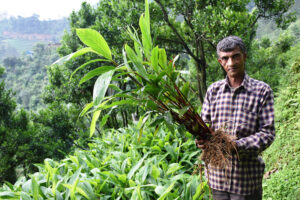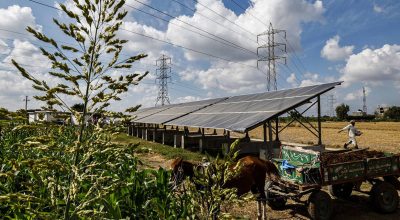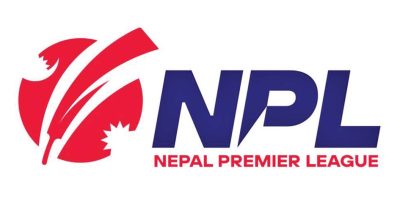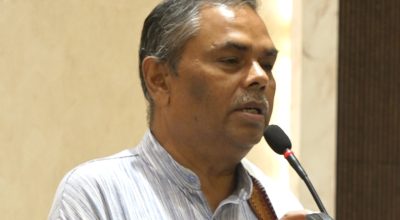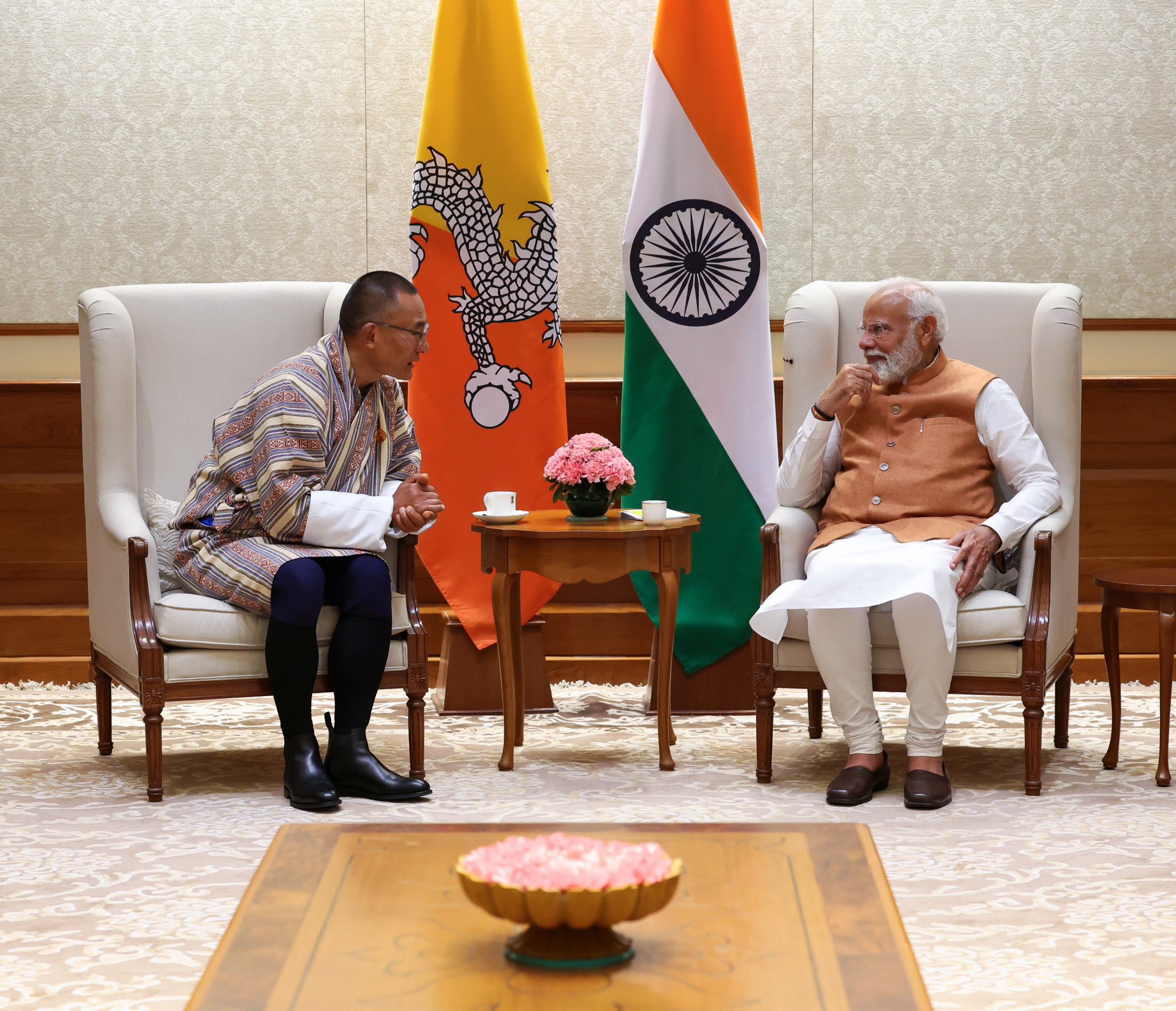
Kathmandu, March 22: The Bhutanese Human Rights Activist and the Coordinator of the Global Campaign for the Release of Political Prisoners in Bhutan (GCRPPB), The Hague-based human rights organization, has sent an open letter to India’s Prime Minister Narendra Modi requesting him to exert pressure on Bhutan government to solve Bhutanese refugees issue on humanitarian ground.
Indian Prime Minister Modi has embarked a two-day State Visit of Bhutan beginning from today (March 22, 2024). According to India’s External Affairs Ministry, the visit is in keeping with the tradition of regular high-level exchanges between India and Bhutan and the Government’s emphasis on its Neighbourhood First Policy.
On behalf of GCRPPB, Mr Ram Karki sent a letter addressing the Indian Prime Minister Modi. He has said that despite 15 rounds of Nepal-Bhutan bilateral talks, the dignified repatriation of evicted Bhutanese citizens to their original homes could not occur.
“Even after their resettlement in eight developed countries, about 25,000 evicted Bhutanese still live undocumented at several locations in India and some 7,000 in UNHCR-aided camps in eastern Nepal. They are desperately looking forward to returning to their country, Bhutan, and living dignified lives as citizens,” he said.
Likewise, he has further said, “Even after the introduction of multi-party democracy with constitutional monarchy in 2008, over 100 political prisoners are still languishing in various prisons in Bhutan. Human Rights Watch has verified 37 Bhutanese political prisoners in different jails in Bhutan for several decades and called for their immediate release. The recently released political prisoner, Mr Madhukar Mongar, revealed with Human Rights Watch a harrowing situation of the political prisoners in Chemgang Central Prison.
They were arrested between the years 1990 and 2008 for demanding democratic changes and human rights and converting monarchy to constitutional. Five of those political prisoners serving life sentences, namely Damber Singh Pulami, Govinda Niroula, Omnath Adhikari, Nanda Lal Basnet and San Man Gurung, are chronically sick due to torture and the lack of proper medical treatment, as reported by Madhukar Mongar. Many of them are serving life sentences while their families are still hoping for a reunion to live in the resettled countries.
Since the ICRC family reunion service was discontinued, the family members have been unable to get in touch with these mates to understand their current situation. As a democratic nation, India must use its good office to pressure Bhutan so that these citizens can be released and allowed to enjoy the democratic changes that have come to the country. They must be allowed to visit their families.”
“Further, some 80,000 southern Bhutanese who have family relations with those exiled have been rendered stateless by the erstwhile Royal Government of Bhutan during the 1990s. There is widespread fear that these citizens will be forced to leave the country on the pretext of being illegal immigrants and non-citizens of Bhutan. Their only mistake was being the relative of someone who was forced to leave the country due to their participation in the peaceful demonstrations.
“Most Bhutanese evicted in the 1990s were resettled by the UNHCR and obtained citizenship in their host countries. They have repeatedly expressed their willingness to visit Bhutan as tourists to meet their family members, relatives, and friends left behind during separation. Bhutan has categorically avoided issuing visas, saying ‘former Bhutanese refugees will never be considered for travel visa’. These measures of Bhutan have made it impossible to get an opportunity to meet ailing parents, close family members, relatives, friends and neighbours who are living in Bhutan. We would like your influence on these unions.
“Poor and subsistence farmers who live in Gelephu, the proposed site of the Mindfulness City, fear their evictions. The government has been silent on the compensation plan for such Bhutanese, leading to massive fear among those residents. Therefore, I request you to kindly take up this matter with the Bhutanese monarch and ensure that such people are consulted and considered before any concrete plan to displace them is finalised,” he has mentioned in the letter.
He has also mentioned that, “As the Prime Minister of the world’s largest democracy and Bhutan’s most significant donor and closest ally, I feel that these issues of Bhutanese citizens must be a concern for your office. Your neighbour-first policy will incorporate problems that need immediate humanitarian solutions. That is not only in Bhutan’s interest but also in India’s. The consideration of a reunion will have economic, social, and technical benefits for Bhutan and the northeastern Indian states. And this will further strengthen Bhutan-India relations.”
Bhutanese citizens have faced several human rights abuses including expulsion since 1990s following peaceful demonstrations for human rights and democracy.
The GCRPPB has expected that the issue of refugees could find some space during meeting with Bhutan’s monarch and political leaders. #Nepal





